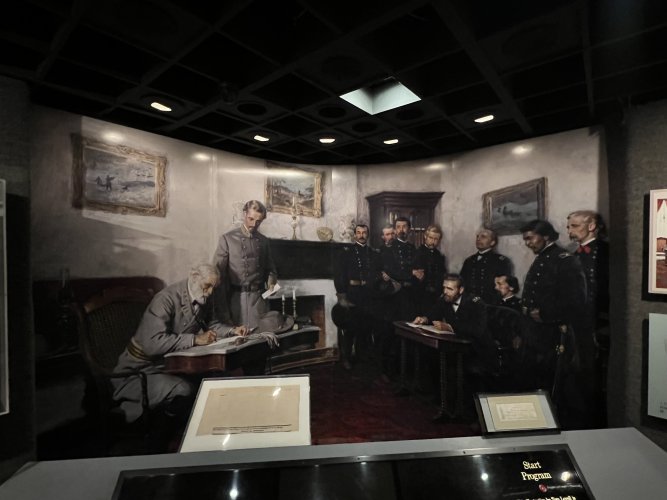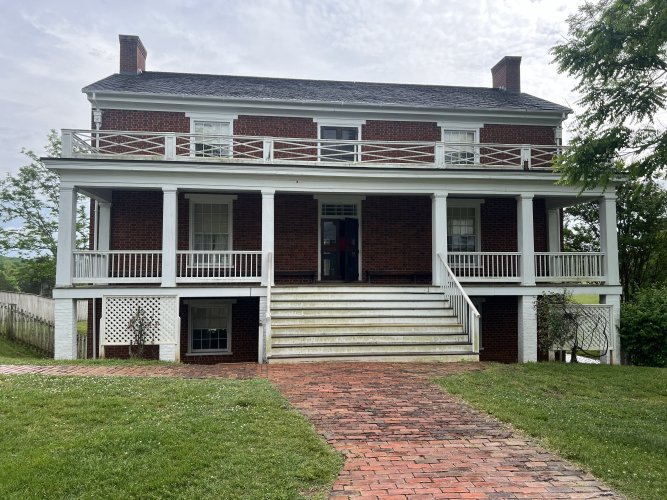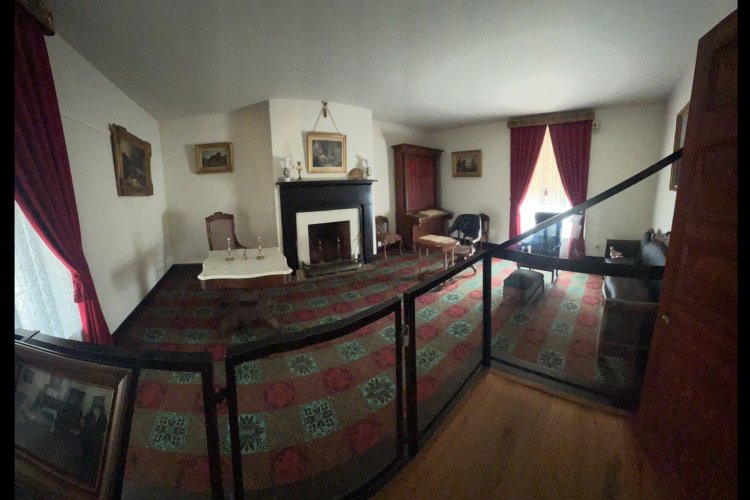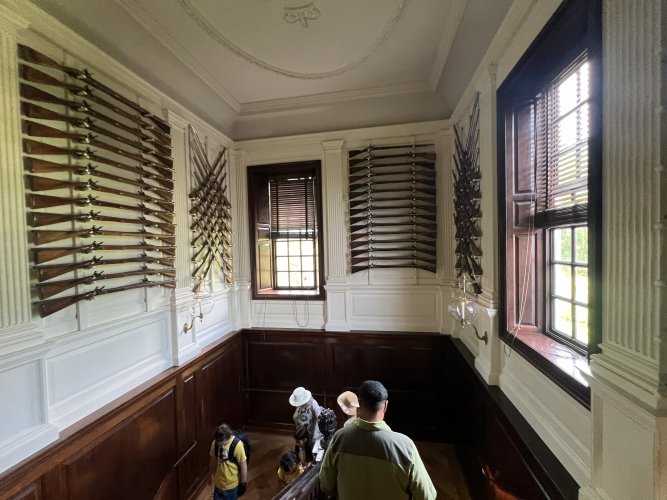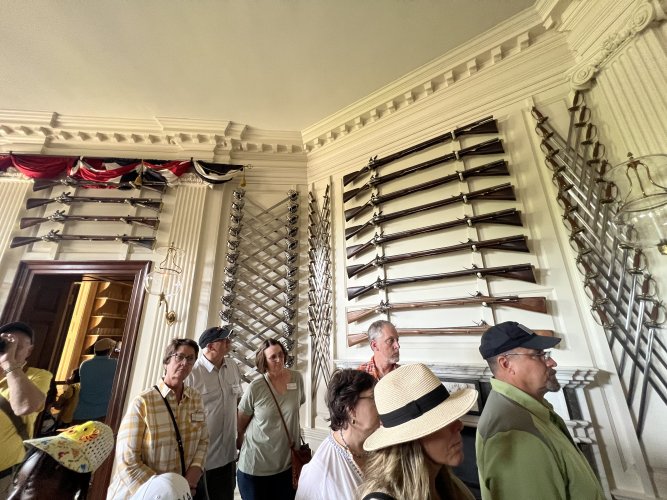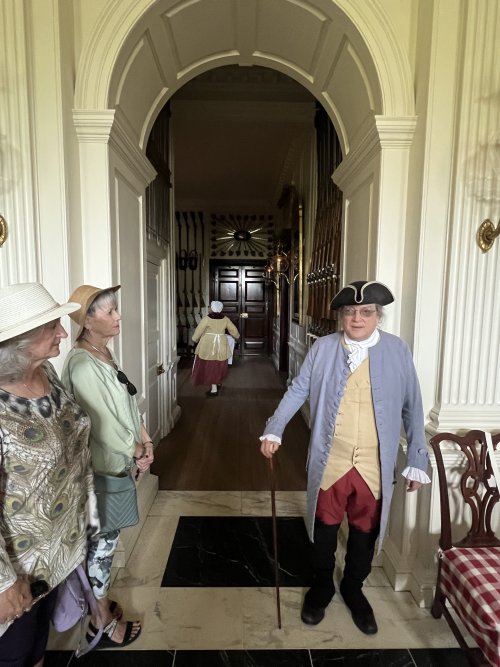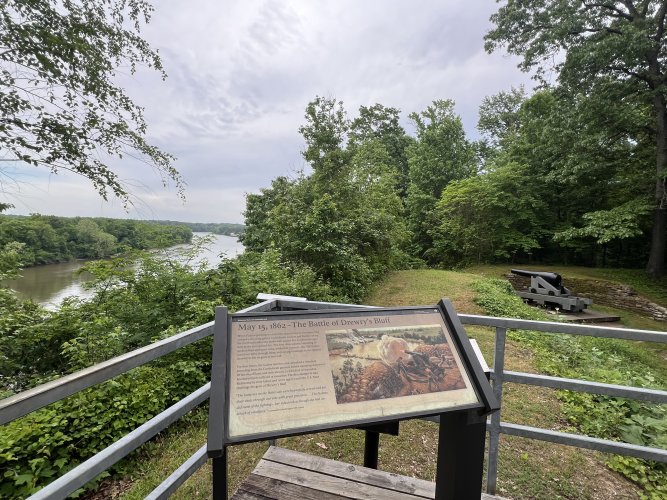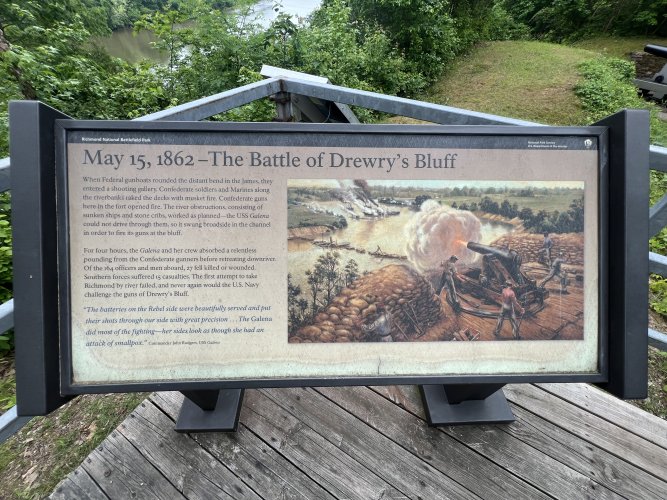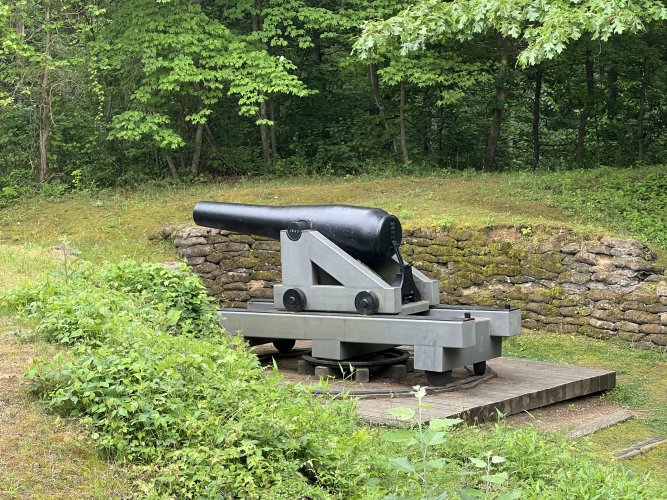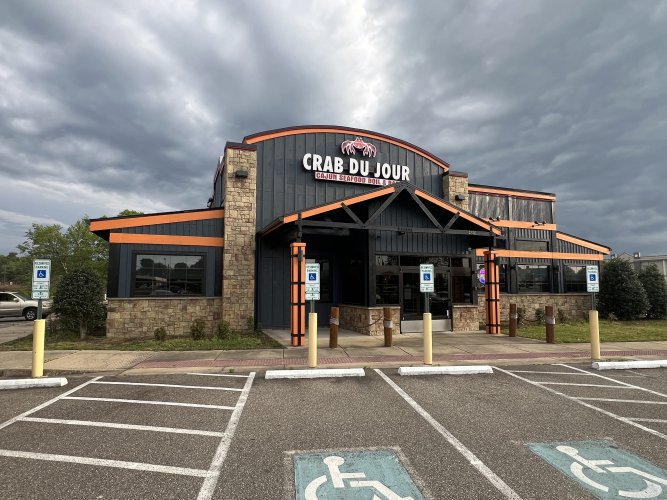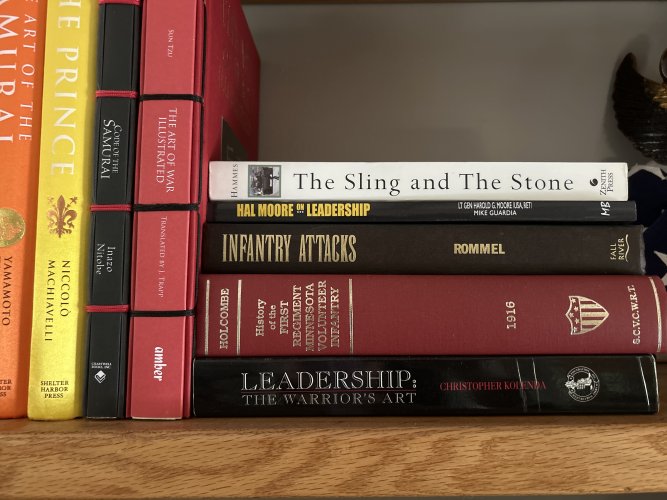VikingsGuy
Well-known member
Nah - it was your point to use those terms. I only referred to those who took up arms against their nation and many against their own sworn oaths. I never used the labels - just pointed to individuals and their actions. North and South are merely points on a compass. The CSA is a long since dead failed revolution, not sure why folks feel the need to defend it.Yea, sort of my point Brent.




